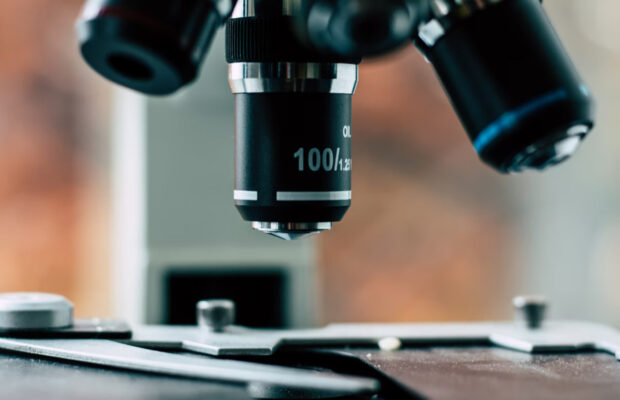5 Things That Every Biology Lab Needs

Biology laboratories are full of exciting and innovative technology. It’s with this technology that incredible scientific research can take place on a daily basis.
Since there is always brand-new equipment and software being developed, most biology laboratories are unable to get the newest models of everything. Instead, they stick to the basics and work with what they’ve currently got until an upgrade is necessary.
So, what are the basics? What are the essential tools and technologies that every biology laboratory needs?
High-Resolution Microscopes
A lab isn’t a lab without microscopes! They are required for a wide range of tasks in biology, including the examination of cells and assessing the conditions of tissues.
High-power microscopes have a higher resolution and allow for a more in-depth analysis of cells. They can be pricey but they are a necessity in every biology lab.
For medical research labs, high-power options are usually required. Low-power microscopes are more common in secondary school science labs.
If one of your microscopes stops working, you may not need to get a brand-new one. You can replace certain parts of the equipment to restore its function. Intertek lighting parts can be used to replace the magnifiers, lights, or mount brackets in the microscopes.
Centrifugal Machine
Centrifugation is required to break cells down into their constituents. This is often necessary to examine proteins, DNA, or organelles in more detail.
Centrifugation machines spin the cell samples at high speeds to break down the cell wall. They separate substances according to their density to produce concentrated samples. These concentrates can then be further examined.
Usually, centrifuges are found alongside stir plates and vortex mixers that have the opposite function. They combine or mix materials together.
For example, if DNA needed to be extracted from cancer cells for gel electrophoresis, the cells would first be placed in the centrifuge so that the laboratory worker can gain access to the DNA inside the cells’ nuclei.
Personal Protective Equipment (PPE)
Safety should always come first in a biology laboratory. Many of the chemicals and substances that are used in a lab are dangerous and could cause harm if the correct safety procedures are not followed.
Wearing personal protective equipment (PPE) is vital to ensure the safety of everybody in the lab. This includes well-fitted latex-free gloves, long lab coats, disposable aprons, and protective goggles.
Every task you undergo in a biology lab will require PPE. You don’t want acid spilling onto your bare hands or irritants getting into your eyes! It’s better to be safe than sorry when you’re dealing with potentially harmful substances.
Sophisticated Software
Most of the work that you’ll complete in a biology lab will require the help of a computer. You might need to analyze or submit the results of a tissue biopsy onto a hospital system or run DNA tests through sophisticated software.
A lot of laboratory testing is prone to human error, which can cause significant errors in data collection. Computers can often pick these errors and be used to correct them. This can increase the accuracy and precision of your results.
This software can also be used to store large volumes of data so you can refer back to your findings from several months ago. For example, you may need to compare the results of two different biopsies from the same patient to check the progress of their condition or treatment.
You can also use your computer software to manage your inventory. You can easily spot which materials are running low and can order them in a timely manner. This ensures your staff always have the correct tools and materials to efficiently complete their tasks in the lab.
Clean H2O
Water is essential for every biology lab, and this includes water in every state.
Every lab will need to refrigerate samples at some point for preservation. Most commonly, samples are frozen at 4° C, -20° C, and -80° C until they need to be tested further.
Liquid water will be needed to wash samples. It’s important that this water is clean and free of contaminants so that it doesn’t affect the accuracy of any experiments.
Incubators and water baths can be used to heat samples up to a certain temperature to initiate chemical reactions or control the temperatures of biological samples so they remain stable. Usually, the temperatures of these pieces of equipment are monitored using precise digital thermometers that are built into the machines.










 © 2024
© 2024
0 comments